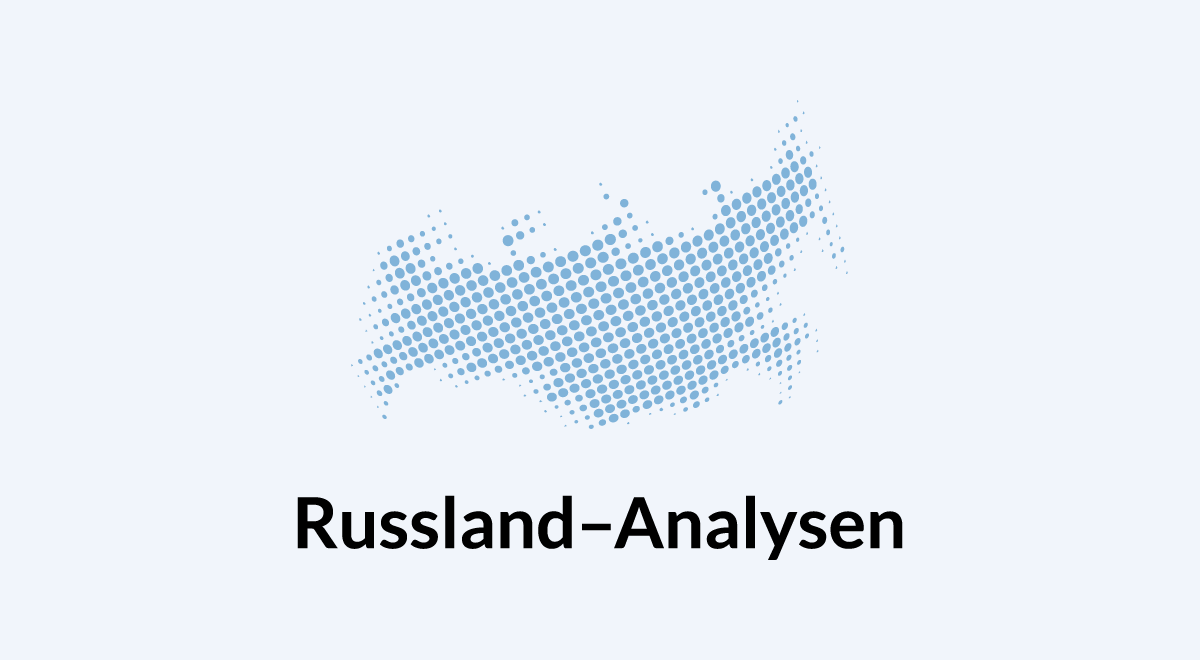 Analyse
Analyse Von Jens Siegert
In Russland existiert eine Zivilgesellschaft, wenn auch – verglichen mit anderen Ländern – auf niedrigem Niveau. Ihre Träger, die Nichtregierungsorganisationen, sind finanziell weitgehend von ausländischer Unterstützung abhängig. Indes versucht die russische Führung fortgesetzt, zivilgesellschaftliche Aktivitäten zu regulieren. Ohne Frage sind die Handlungsspielräume für NGOs in den vergangenen Jahren kleiner geworden. Direkte Repression hat es bisher nur in Einzelfällen gegeben und kann in den meisten Fällen auf konkrete Interessen einzelner Akteure zurückgeführt werden. (…)
Zum Artikel ![]() Artikel
Artikel Von Nadja Douglas
ZOiS Report 6/2020 State-society relations in Belarus have been tense for many years. The presidential elections in August 2020 and the mishandling of the ongoing Covid-19 pandemic have proved to be the catalyst that brought these fragile relations to a complete breakdown. Over the years, the widening gap between a new generation of an emancipated citizenry and a regime stuck in predominantly paternalistic power structures and reluctant to engage in political and economic reforms has become increasingly evident. The deteriorating economy during the last decade and the perceived decline of the country’s social welfare system have been important factors in these developments. At the same time, the regime has continued to invest in its domestic security structures to a disproportionate extent compared with neighbouring states, allowing the so-called silovye struktury (“state power structures”) to gain influence at the highest level of state governance. (…)
Zum Artikel auf zois-berlin.de